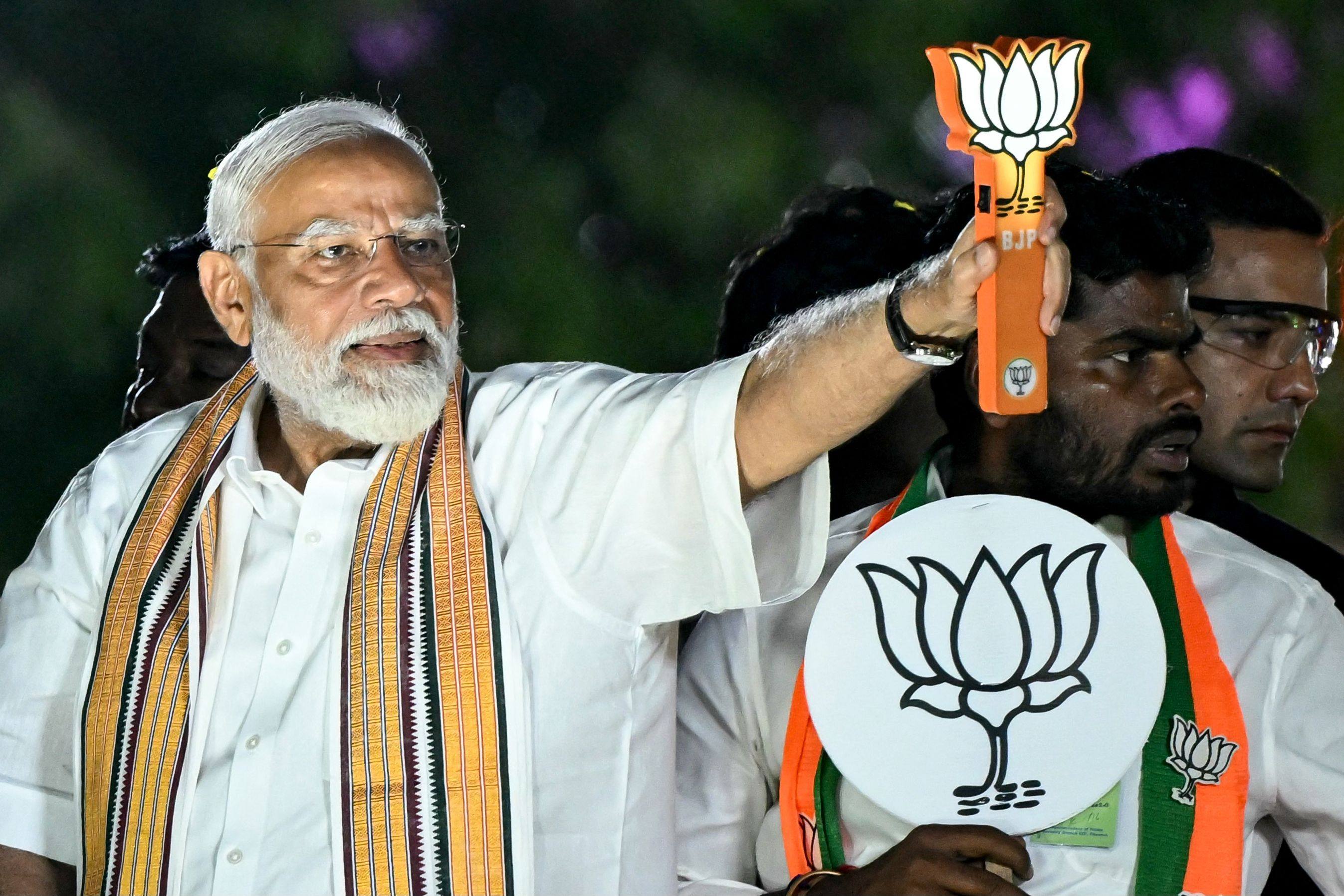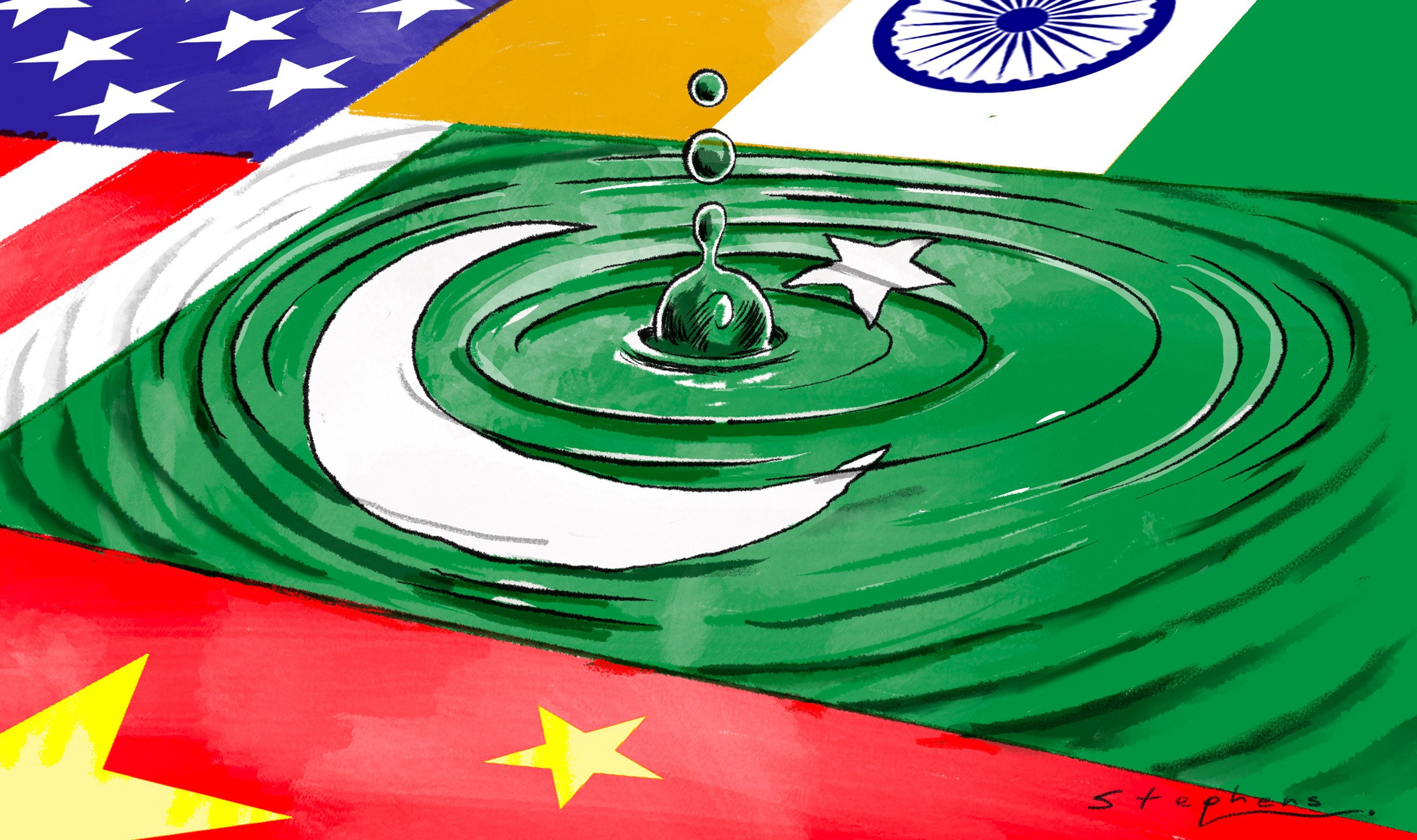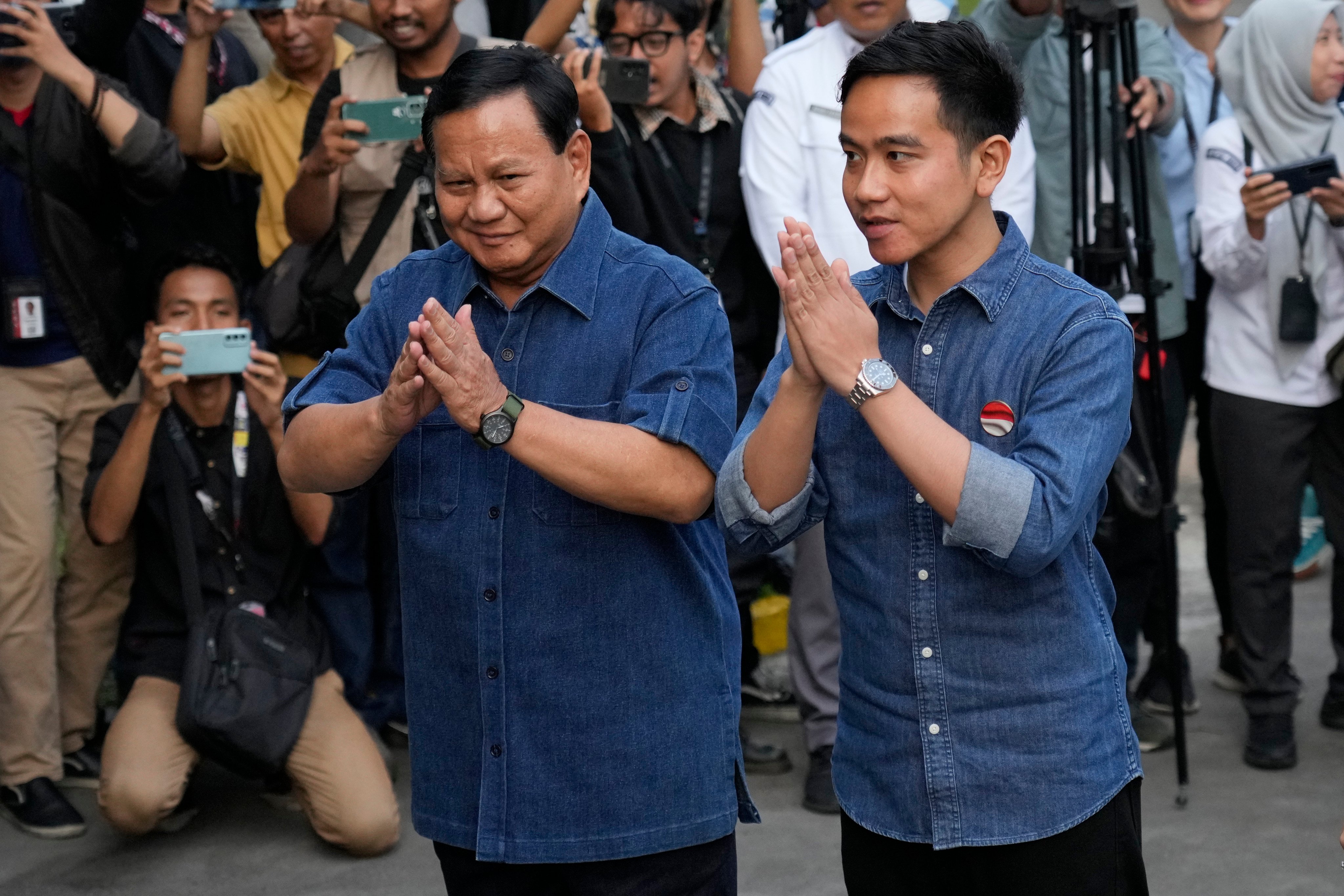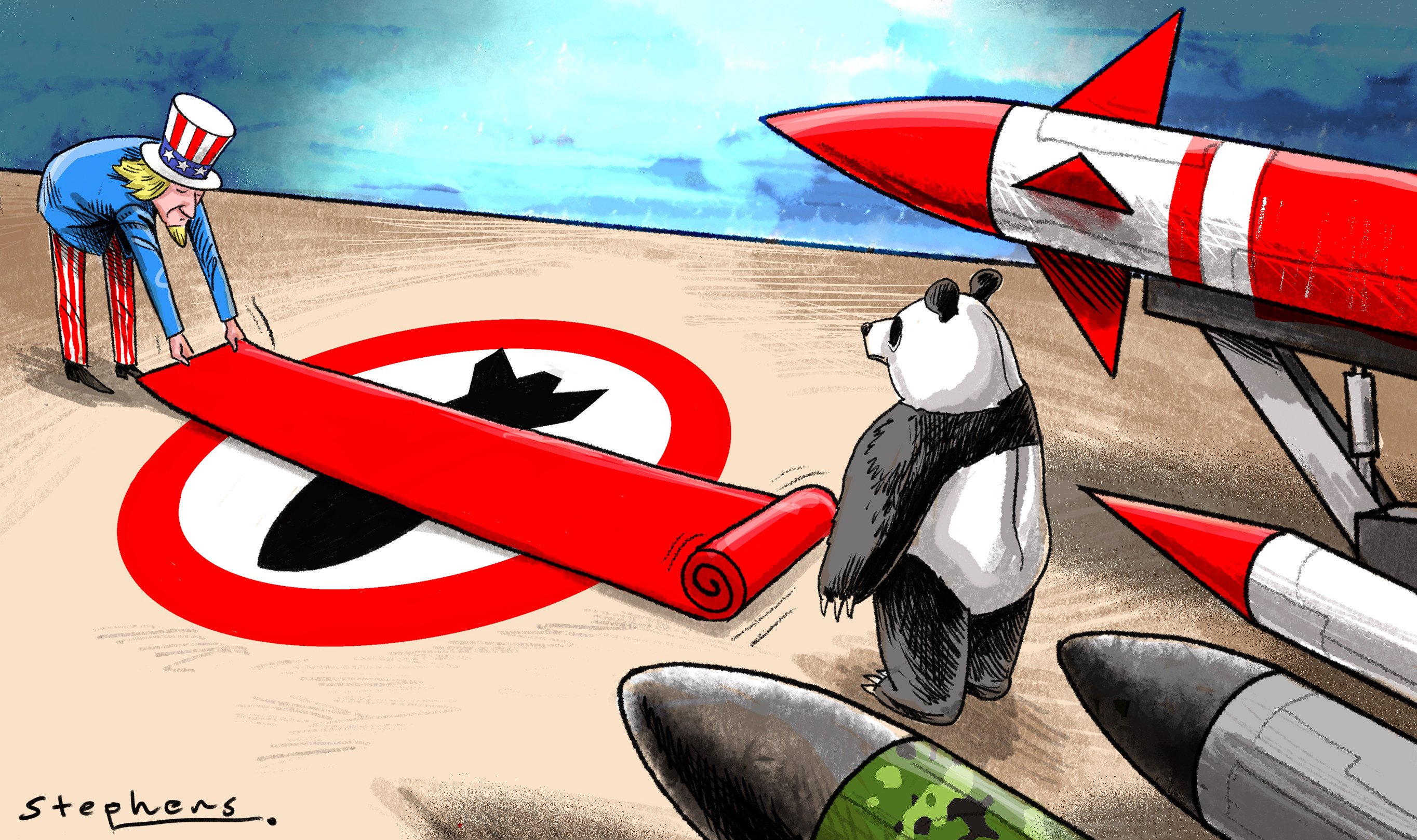
Fiery border talk tends to happen around election time but the latest instance is also part of a disturbing pattern of growing assertiveness in India’s neighbourhood policy.
After years of focusing on infrastructure investment in its Belt and Road Initiative projects, China now offers its partner countries funding and expertise in clean technologies. This will encourage regional nations, particularly in Southeast Asia and the Middle East, to keep engaging with China.
With Imran Khan out of the picture, the coalition government is set to maintain strong relations with China, while ties with the US should continue to stabilise. The new political landscape could also pave the way for meaningful dialogue with India, leading to warmer relations.
While presidential front runner Prabowo Subianto’s debating skills have been criticised, his choice of the son of the country’s popular president as his running mate will prove more crucial. A political system characterised by clientelism seems to be paving the way for a Prabowo-Gibran win.
Indo-Pacific commitments aside, Australia is seeking to avoid yet another open-ended military commitment in the Middle East. Above all, Canberra is mindful that such a move could further alienate voters amid low public trust in government, declining social cohesion and increasing polarisation.
China may criticise the US for turning the Middle East into a geopolitical arena but, by not joining the US-led effort to counter Houthi attacks on ships in the Red Sea, Beijing appears to be equally engaged in geopolitical manoeuvres rather than prioritising regional security.
A main sticking point preventing progress on nuclear arms control talks is US policy that leaves China feeling it must expand its arsenal. If the US wants China to feel secure enough to negotiate, it must address Beijing’s legitimate concerns.
India is boosting its military and deterrence while deepening cooperation with Quad nations, Asean and the Pacific islands. For now, it is likely to work on increasing collective pressure while avoiding a Beijing blowback.







